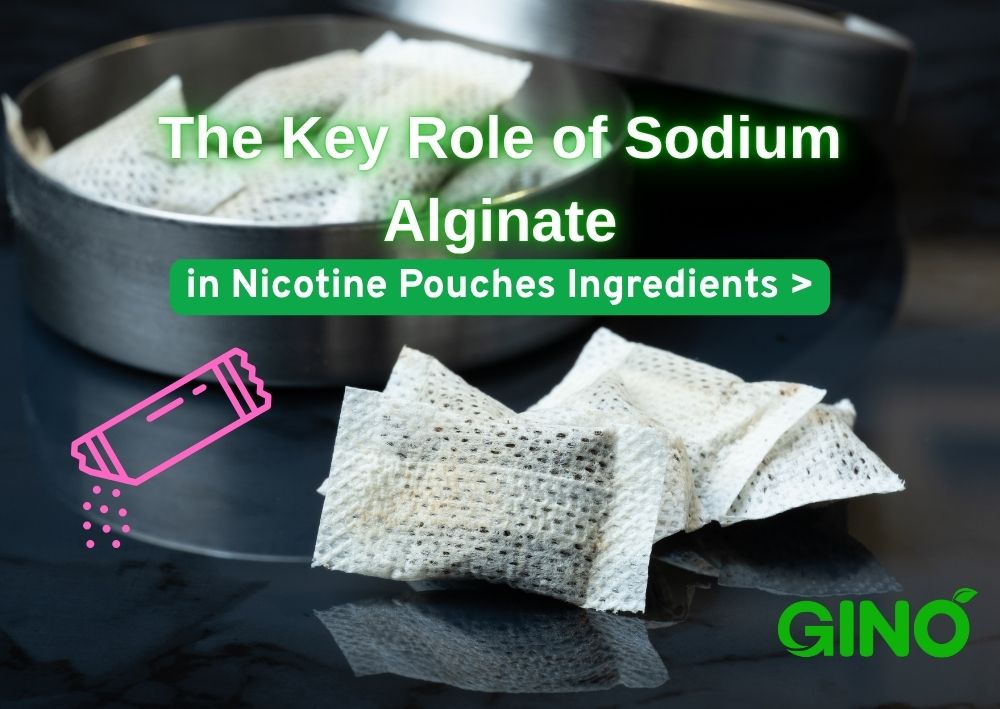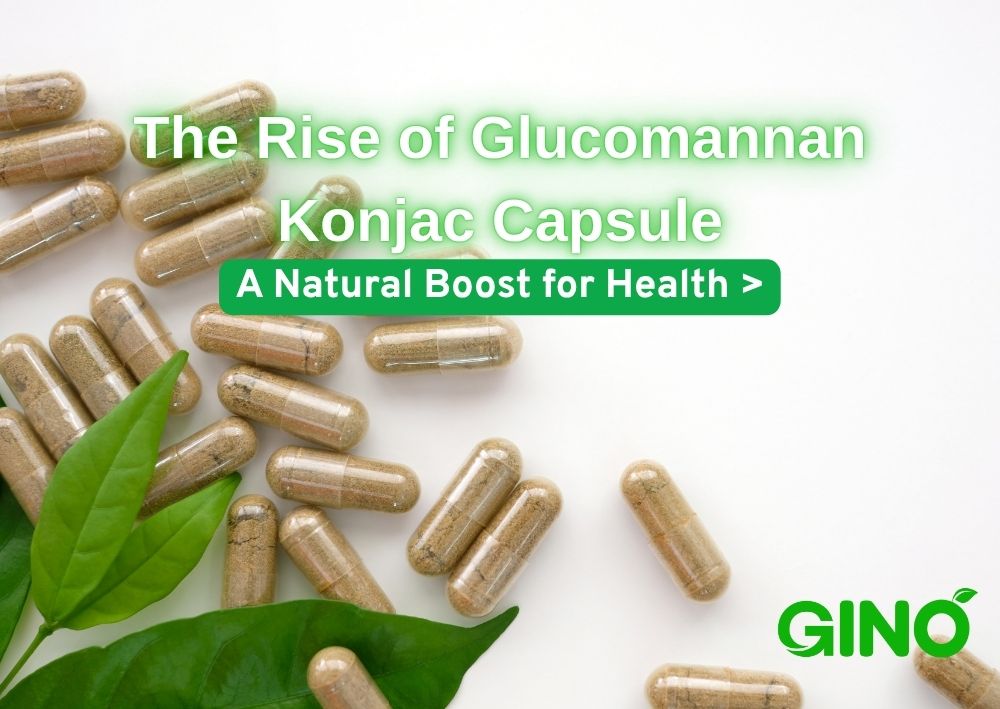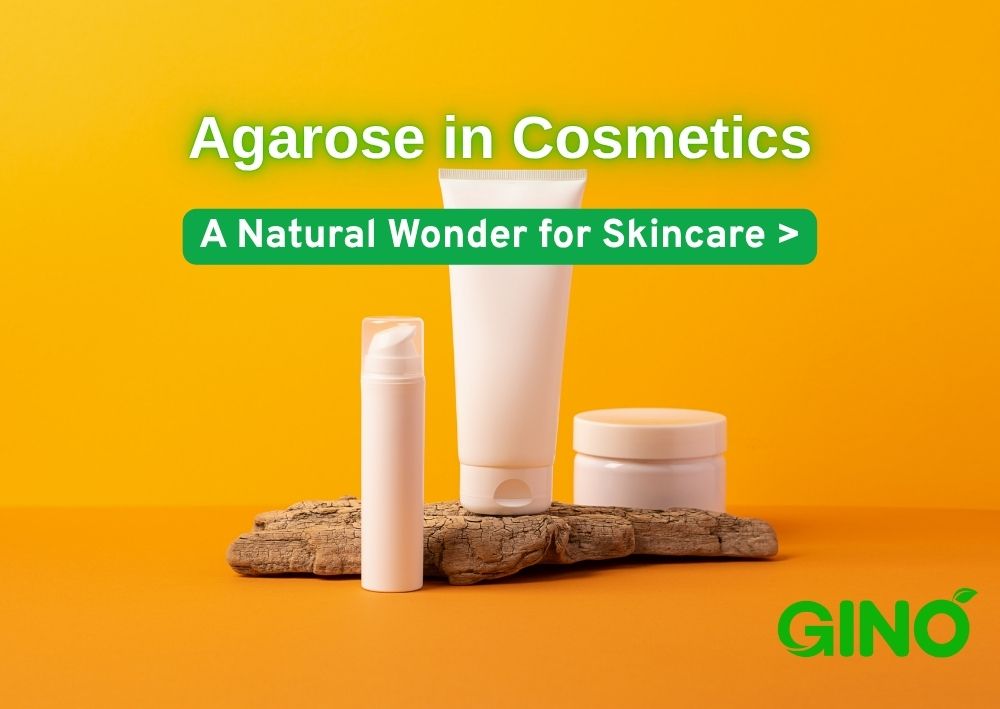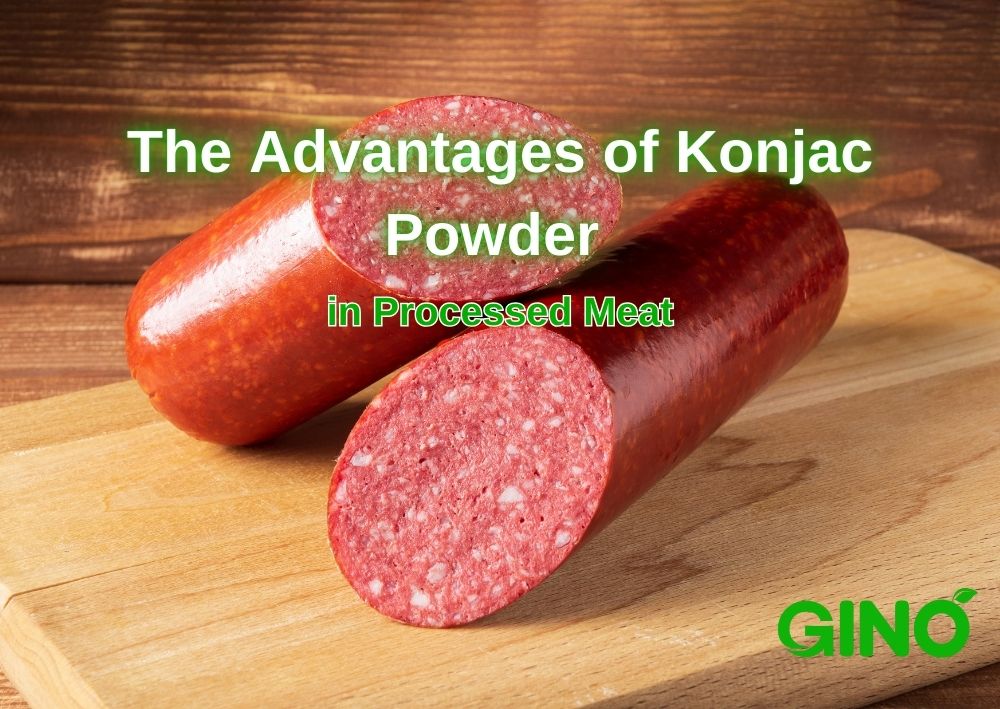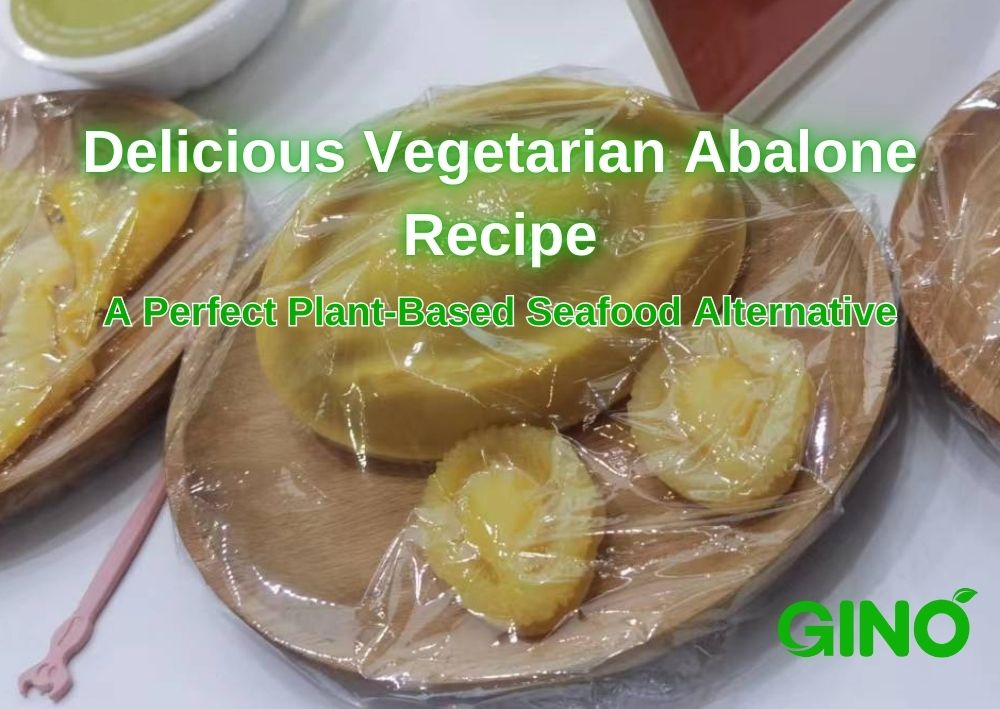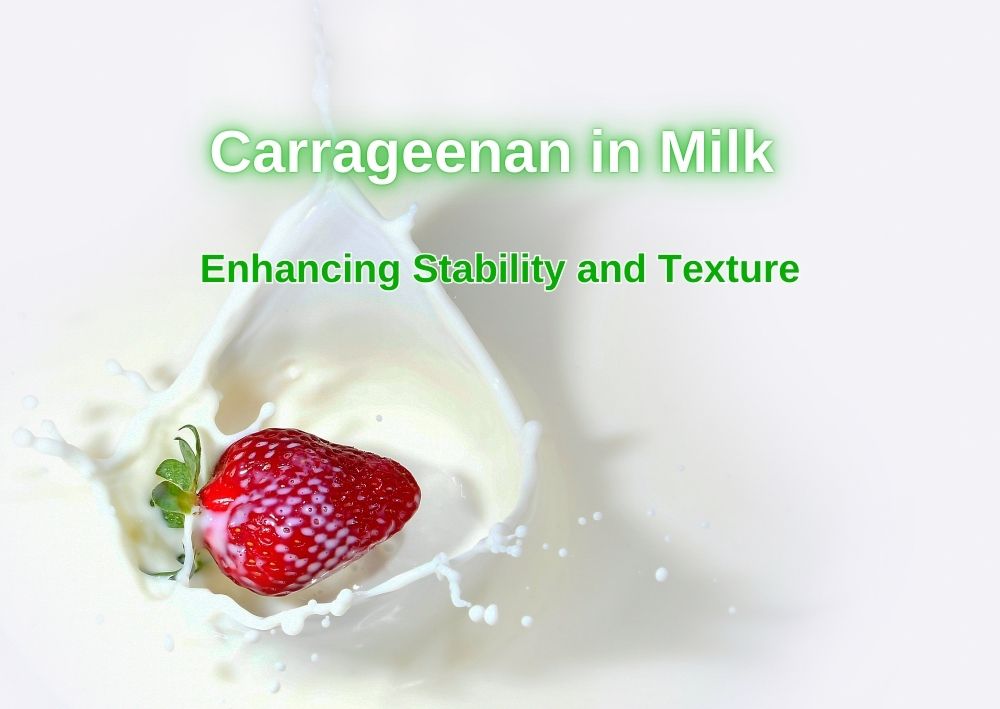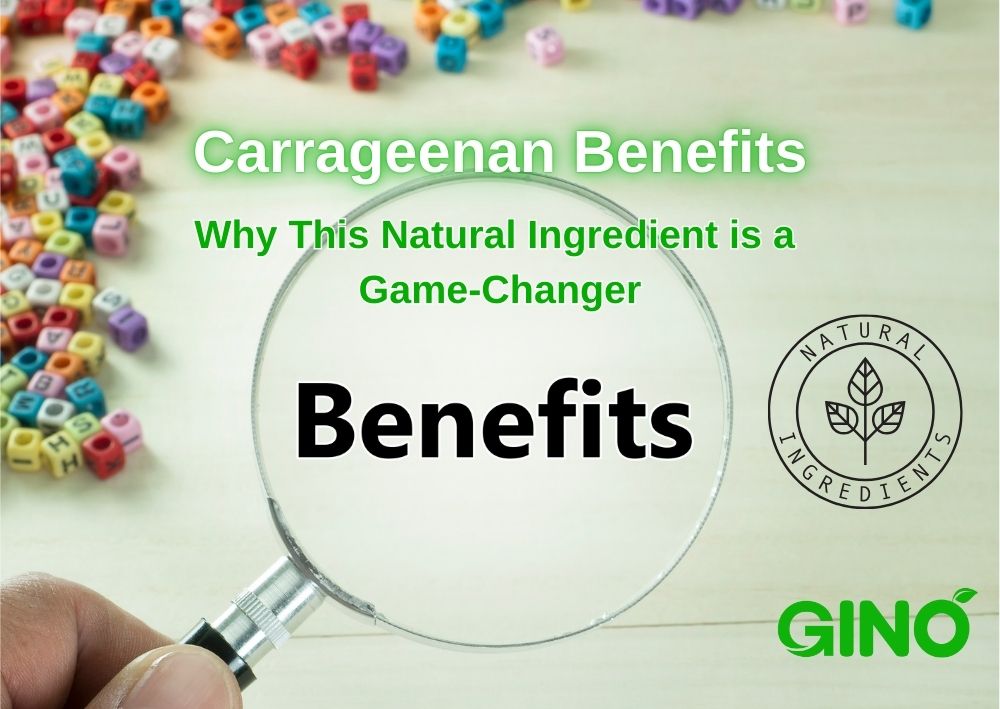
Why Is Modified Citrus Pectin So Expensive?
Unpacking the Costs Behind This Premium Supplement
Why Is Modified Citrus Pectin So Expensive?
Modified Citrus Pectin (MCP) has gained popularity as a powerful supplement for supporting cellular health, detoxification, and immune function. However, its premium price often raises questions among consumers: Why is MCP so expensive, and is it worth the cost?
In this article, we’ll explore the factors driving its price - from complex manufacturing processes to high-quality raw materials - while helping you understand the differences between Standard MCP and Premium MCP options.
By the end, you’ll have all the information you need to make an informed decision about this sought-after supplement.
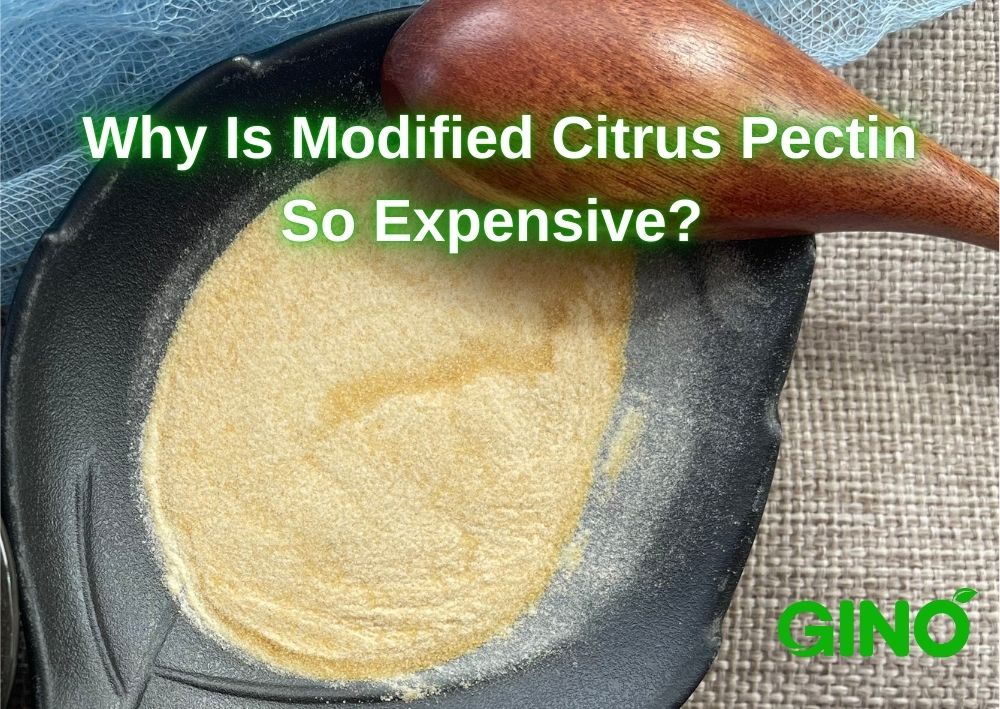
1. Complex Manufacturing Process
Extraction and Modification :
Natural citrus pectin is extracted from the peels of citrus fruits like oranges, lemons, and grapefruits. However, regular citrus pectin cannot be easily absorbed by the human body due to its large molecular size.
To create Modified Citrus Pectin, the natural pectin undergoes a chemical or enzymatic process to break down its large molecules into smaller, low-molecular-weight fragments. This modification enhances its bioavailability, allowing it to be absorbed into the bloodstream and exert systemic effects.
The process requires precise control over temperature, pH, and reaction conditions, which increases production costs.
Specialized Equipment :
The equipment used for modifying pectin is highly specialized and often expensive to maintain. Additionally, the process may involve multiple stages of purification to ensure that the final product meets pharmaceutical-grade standards.
2. High-Quality Raw Materials
Source Selection :
High-quality citrus peelsare required as raw materials. These must come from fresh, pesticide-free, and non-GMO citrus fruits, which are more expensive to source compared to lower-quality alternatives.
Supply Chain Costs :
Citrus fruits are seasonal, and their availability can fluctuate depending on weather conditions, crop yields, and global market dynamics. Ensuring a consistent supply of raw materials adds to the overall cost.
3. Research and Development (R&D) Investments
Scientific Research :
MCP has been studied extensively for its potential health benefits, such as supporting immune function, detoxifying heavy metals, and inhibiting cancer cell metastasis. These studies require significant investment in clinical trials, laboratory testing, and peer-reviewed research.
Patents and Licensing :
Many companies hold patents for specific MCP formulations or manufacturing processes. Licensing these technologies or developing proprietary methods further increases costs.
4. Regulatory Compliance
Quality Assurance :
MCP is often marketed as a dietary supplement or nutraceutical, which means it must comply with strict regulatory standards set by agencies like the FDA (U.S. Food and Drug Administration) or EFSA (European Food Safety Authority). Ensuring compliance involves rigorous testing for purity, potency, and safety.
Certifications :
Products labeled as organic, non-GMO, or vegan require additional certifications, which involve audits and inspections. These certifications add to the cost but are essential for meeting consumer expectations.
5. Limited Production Scale
Niche Market :
MCP is not a mass-market product like other supplements (e.g., vitamin C or fish oil). Its niche applications mean that production volumes are relatively low, leading to higher per-unit costs.
Economies of Scale :
Unlike widely produced supplements, MCP does not benefit from economies of scale. The smaller production runs result in higher manufacturing and distribution costs.
6. Health Benefits and Premium Pricing
Perceived Value :
MCP is marketed for its unique health benefits, such as supporting cellular health, promoting detoxification, and potentially inhibiting cancer metastasis. Consumers are often willing to pay a premium for products perceived to offer significant health advantages.
Branding and Marketing :
Companies invest heavily in branding and marketing to position MCP as a premium product. These efforts contribute to the final retail price.
7. Packaging and Distribution Costs
Specialized Packaging :
To preserve the quality and stability of MCP, manufacturers use specialized packaging materials that protect the product from moisture, light, and oxidation. This type of packaging is more expensive than standard options.
Global Distribution :
MCP is distributed worldwide, and shipping costs, import/export duties, and logistics expenses further increase the price.
8. Market Demand and Competition
Growing Popularity :
As awareness of MCP's potential health benefits grows, demand is increasing. However, the supply chain has not yet scaled up to meet this demand efficiently, leading to higher prices.
Limited Competitors :
Only a few companies specialize in producing high-quality MCP, reducing competition and allowing them to charge higher prices.
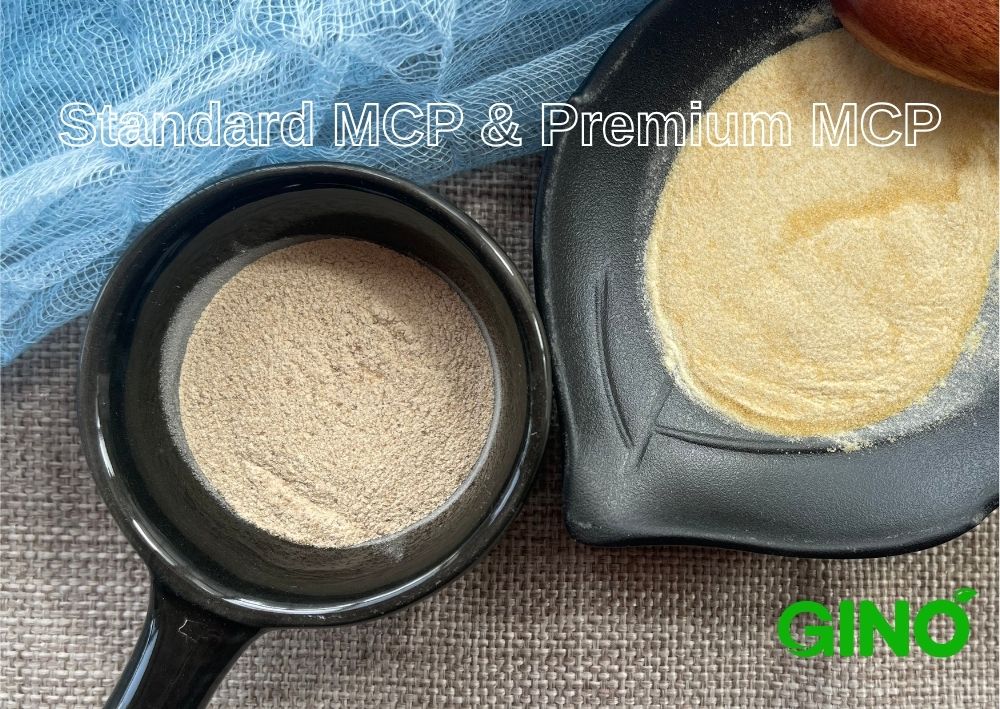
Conclusion
The high cost of Modified Citrus Pectin is the result of a combination of factors, including its complex manufacturing process, the need for high-quality raw materials, significant R&D investments, regulatory compliance, limited production scale, and premium pricing strategies.
While MCP may seem expensive compared to other supplements, its unique properties and potential health benefits justify the cost for many consumers seeking advanced nutritional support.
Ready to take the next step toward better health?
Explore our range of MCP products today and discover the ideal solution for your cellular health and overall well-being!
We offer both Standard MCP and Premium MCP , each designed to deliver quality and effectiveness at different price points. Whether you're looking for an affordable entry point or a top-tier formulation with advanced benefits, we’ve got you covered.
Buy Standard & Premium MCPThe Complete MCP Guide: All Articles You Need to Understand Modified Citrus Pectin
- MCP Series 12: Why Is Modified Citrus Pectin So Expensive? Unpacking the Costs
- MCP Series 11: Exploring the Different Types of Modified Citrus Pectin for Your Needs
- MCP Series 10: What Does Modified Citrus Pectin Do? Discover 5 Powerful Health Benefits
- MCP Series 09: Modified Citrus Pectin Heavy Metals Detoxification
- MCP Series 08: Modified Citrus Pectin vs Citrus Pectin: What’s the Difference?
- MCP Series 07: Benefits and Dosage of Modified Citrus Pectin Capsules
- MCP Series 06: Modified Citrus Pectin Cancer Fighter: Your Natural Ally
- MCP Series 05: Modified Citrus Pectin How to Take | A Simple Guide
- MCP Series 04: What You Should Know About Modified Citrus Pectin Supplement
- MCP Series 03: What Is Modified Citrus Pectin Good For?
- MCP Series 02: Modified Citrus Pectin for Detox
- MCP Series 01: The Incredible Benefits of Modified Citrus Pectin

